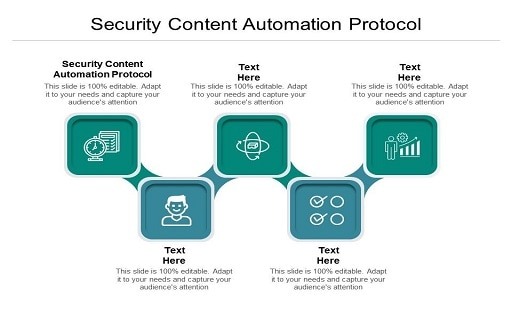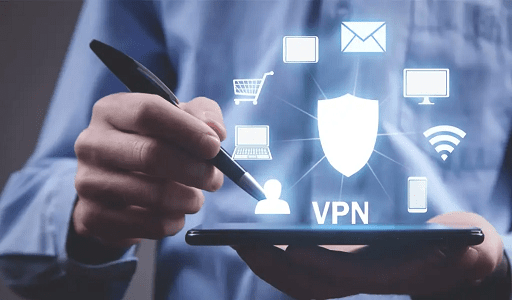The education industry has dramatically evolved over the last few years, with educational technology (edtech) becoming one of the most important aspects.
Helping to blend sophisticated technological solutions with the increasing need to make education more effective, edtech has already influenced the sector in quite advantageous ways, mainly by providing more flexibility and accessibility to students and educators alike.
However, instructors are still looking for ways to convey knowledge more efficiently while students aim to make learning easier and more enjoyable. As a result, new technology trends have appeared in the sphere of education, all looking to shape the future of this important sector:

Big data
As technology evolves and internet use continues to grow, big data is truly everywhere. The edtech industry hasn’t overlooked the importance of this either. Higher-educational institutions are already using data to see which students are engaged with the provided material, and which aren’t. This allows instructors to adjust content in the areas where engagement is low, and even provide more customized support to any struggling students.
When instructors are able to collect data on the learning behaviors of their students, they can also see the ways in which each student learns best. In turn, learning pathways can be personalized to each individual, consequently enhancing their academic success.
You may also like 6 DevOps Trends that will Transform Businesses in 2023
Artificial intelligence
While big data can be used to customize the learning process for students, artificial intelligence (AI) enables personalization in the entire edtech sector. AI systems are able to find valuable insights and process them with data analysis, providing common patterns and machine learning models as output. As long as enough data is fed into the AI system, some brilliant new opportunities can arise as a result.
For instance, educators can customize learning platforms with the help of AI to adjust material and fill gaps in knowledge, while AI-powered assistants can identify areas of improvement and make pronunciation and speech easier for language learners. The possibilities for both instructors and students are endless.
You may also like A Comprehensive Guide To The Best Gamification Books For Business Leaders
Online courses
E-learning continues to rise, and new services are being used to support the entire student journey. At the moment, effective online program management solutions are on the rise. These technology and data platforms aim to harness the power of program marketing and predictive analysis to develop customized products that support the needs of each educational institution. By personalizing the process as much as possible, educators are able to deliver more industry-aligned and career-relevant programs that lead to exceptional student outcomes.
Consequently, degrees get easier to practically apply and job placement is streamlined, all while engagement, retention, and motivation increase throughout the educational process.
You may also like 5 UX/UI Design Trends That We Will See In 2023
Higher flexibility
With online educational platforms continuing to rise, it seems like flexible learning is here to stay. In recent years, higher education has been comparing synchronous and asynchronous learning. In other words, students can now decide whether they’d like to attend classes following a specific schedule or watch recordings afterward, thus giving them more freedom to choose different courses and complete their work in their own time.
When students are able to choose between in-person and online education within the same institution, this freedom also provides them with more autonomy, building confidence and satisfaction in the process. In any case, it’s clear that with higher flexibility also comes better results.
Gamification
Although not a new concept, gamification is still important in education, being a brilliant way to engage students in different topics. But instead of only playing quizzes in class or receiving awards for exceptional results, gamification is now being utilized at an entirely new level. Both online courses and online game options are leveraging gamification, which is especially useful when it comes to keeping children interested in the subject at hand.
On more basic levels, specialized websites aim to provide school-aged kids with fun games for learning more complex concepts such as math and strategy. In the world of video games, even popular games like Minecraft have released special education editions designed solely for learning.
You may also like Internet Marketing Trends to Watch For in 2023
AR and VR
Augmented reality (AR) and virtual reality (VR) can provide interesting and effective opportunities to learn. Rather than simply watching videos or reading about topics, students can utilize AR and VR to experience concepts more realistically.
Through this immersive 3D technology, students are able to gain practical experience even in areas where hands-on practice may not have been possible otherwise. As such, the applications of AR and VR are truly endless, from history students virtually traveling to landmarks and museums to medical students learning how to engage with patients and provide correct diagnoses.
Special education can benefit greatly from VR as well, allowing students to practice social interactions in a safe environment.
Evidently, technology is becoming more recognized in education, and the results look quite promising. As edtech continues to evolve and the industry begins relying on technology more heavily, learning will only become more sophisticated, engaging, and effective in the future.
Would you like to read more about the technology used in education today-related articles? If so, we invite you to take a look at our other tech topics before you leave!
![]()













